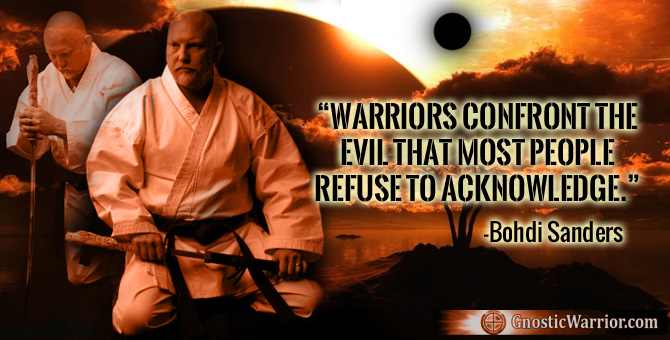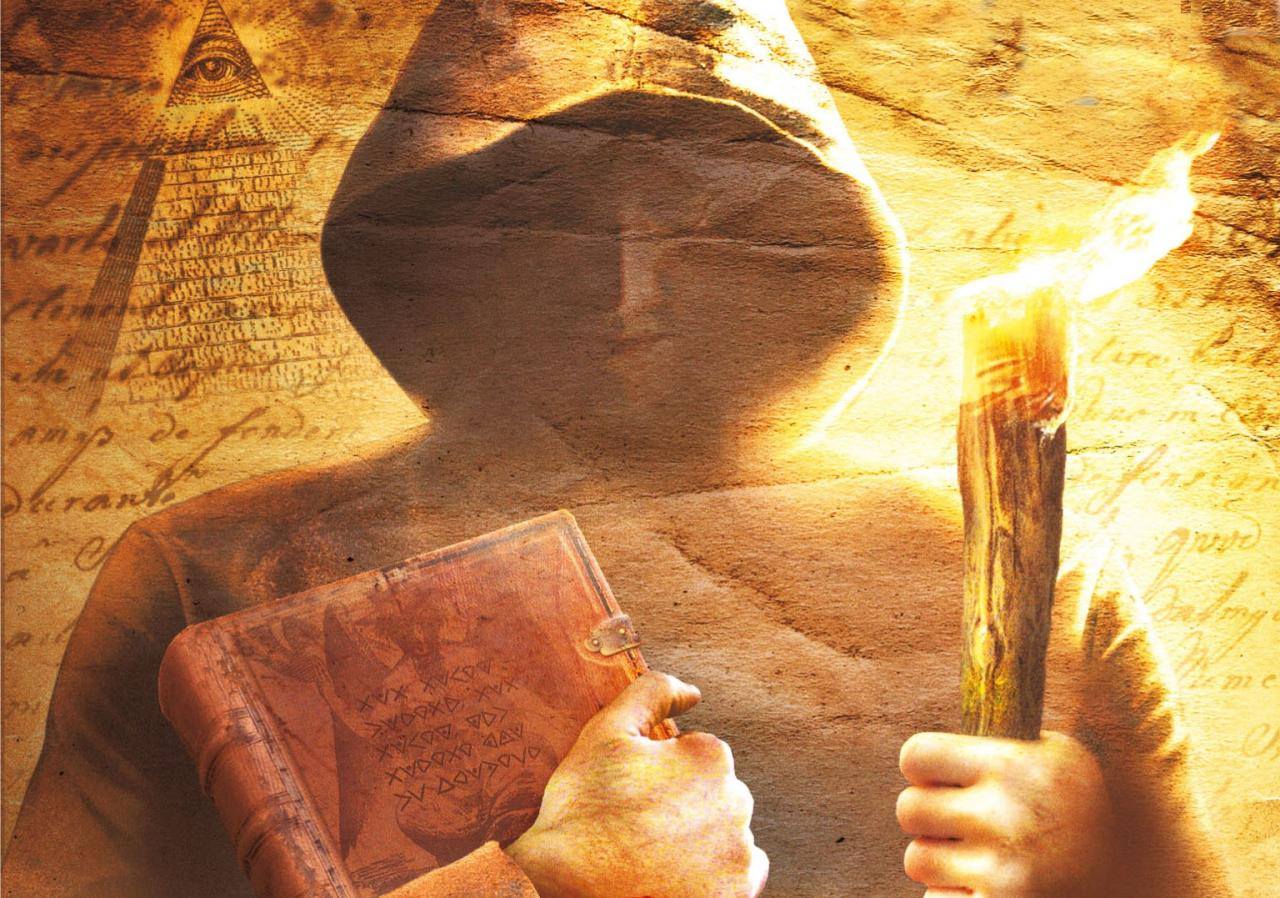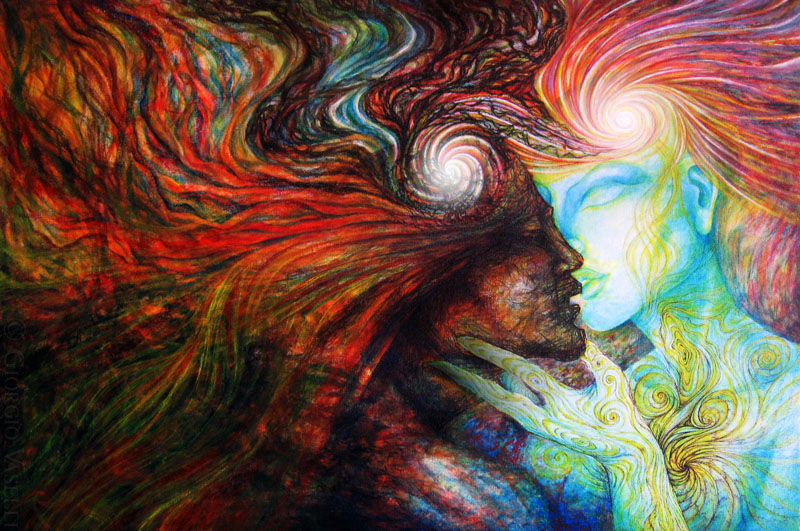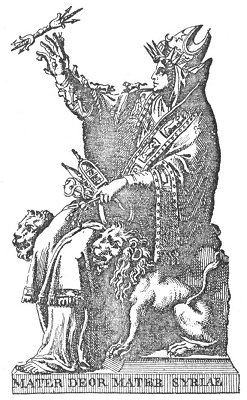A new study claims to have found evidence that Post-Traumatic Stress Disorder (PTSD) existed over 3,000 years ago.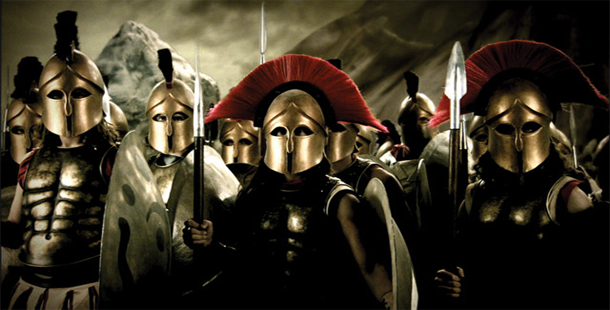
The paper was written by Prof. Hacker Hughes, from Anglia Ruskin University, and Dr. Abdul-Hamid, Consultant Psychiatrist at the North Essex Partnership University NHS Foundation Trust. The research they put forth shows evidence that psychological traumas were suffered as far back as in Mesopotamia (ancient Iraq) during the Assyrian Dynasty,who ruled from 1300 to 609 BCE.
The report is called, Nothing New under the Sun: Post-Traumatic Stress Disorders in the Ancient World, and in it they state;
Herodotus’ account of the Athenian spear carrier Epizelus’ psychogenic mutism following the Marathon Wars is usually cited as the first documented account of post-traumatic stress disorders in historical literature. This paper describes much earlier accounts of post combat disorders that were recorded as occurring in Mesopotamia (present day Iraq) during the Assyrian dynasty (1300–609 bc). The descriptions in this paper include many symptoms of what we would now identify in current diagnostic classification systems as post-traumatic stress disorders, including flashbacks, sleep disturbance and low mood.
In spite of the fact that ancient warfare might not have been as devastating as modern military operations which, with all the technological advances, use progressively more lethal weaponry, ancient solders facing the risk of injury and death must have been just as terrified of hardened and sharpened swords, showers of sling-stones or iron-hardened tips of arrows and fire arrows. The risk of death and the witnessing of the death of fellow soldiers appears to have been a major source of psychological trauma. Moreover, the chance of death from injuries, which can nowadays be surgically treated, must have been much greater in those days.
All these factors contributed to post-traumatic or other psychiatric stress disorders resulting from the experience on the ancient battlefield. As Scurlock and Andersen show, a series of texts may be associated with the identification and presence of such post-traumatic stress disorders. Many of the symptoms listed, particularly those of military psychological casualties, fit well with our modern understanding of post-traumatic stress disorder. The ancient Iraqis’ explanations of these maladies were in keeping with their psychopathological understanding, which continued to influence the diagnosis of psychiatric disorders well into the medieval period.
As we have seen, the ancient Iraqis attributed disorders in sick soldiers to “roving” or “roaming” ghosts who were blamed for an alteration of mental state causing what they described as being a “wandering mind.” Of significance to post-traumatic psychological disorders is the recording of “ghost-induced mutism with vivid nightmares.”42 The reference in these cases to “slurring of speech and loss of cognitive functions” might indicate the presence of drug abuse comorbidity, which is now known to be prevalently associated with post-traumatic psychological disorders.43 However, it is difficult for us to exclude other explanations such as neuro-psychological signs of head injury. However, the above cases were chosen because they did not result in death.
Generally, the symptoms described fit the symptoms of post-traumatic stress disorder as we understand them now. The flashbacks of images of dead people, particularly those occurring at night (in the form of nightmares) and accompanied by fear, are an important symptom. The changes of mental state with fear, forgetfulness and depression are also symptoms that we see often in clinical practice.
For a long time now, Herodotus’ account of the Athenian spear carrier Epizelus’ psychogenic mutism following the Marathon Wars has been taken to be the first account of post-traumatic stress disorders in history. However, we are suggesting here that several ancient Mesopotamian accounts relating to an affliction of the spirit document symptoms of post-traumatic stress disorders at a much earlier point in history.
Read more of the study at this link.

Moe is the founder of GnosticWarrior.com. He is a father, husband, author, martial arts black belt, and an expert in Gnosticism, the occult, and esotericism.

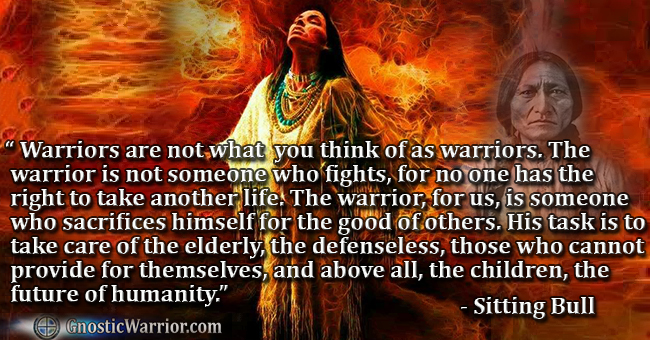
![How Queen Ethelthryth always preserved her virginity, and her body suffered no corruption in the grave [660-696 A.D.] | Book 4 | Chapter 19 How Queen Ethelthryth always preserved her virginity, and her body suffered no corruption in the grave [660-696 A.D.] | Book 4 | Chapter 19](https://www.gnosticwarrior.com/wp-content/plugins/contextual-related-posts/default.png)

